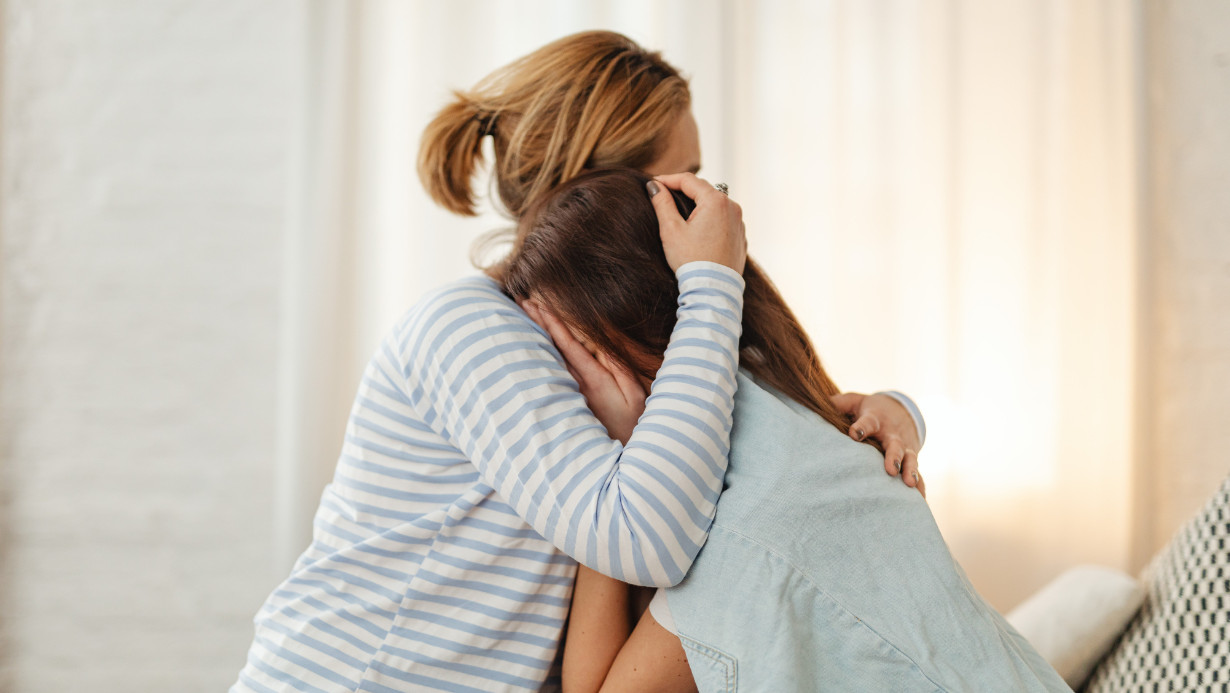
Many of us were raised - with our caregivers' greatest intentions - with the belief that our emotions were either too much or too big for the world to handle. When we misbehaved or had a meltdown, perhaps we were sent to our bedrooms to 'think about our behaviour', or perhaps we were told to stop being silly when we were upset about something, because there was "nothing to be upset about".
Fast forward 30 years or so and we become parents ourselves. And we feel relieved because now we can finally do and behave how we want because - FINALLY - WE are in control.
Not so fast.
Enter Science.
New studies now show that punishing our kids and shutting their feelings down does NOTHING for them. In fact, it can be hugely damaging to their self esteem and emotional regulation in the long run. We learn that their feelings need to be ACKNOWLEDGED rather than shut down. That we need PROBLEM SOLVE, LISTEN and EMPATHISE rather than punish.
That's all good in theory. But in reality what happens is, our inner child - that child whose emotions were shut down by our parents - begins to protest. "Hang on! That's not Fair! I spent my childhood not being heard. Now I have to hear and listen to my own kids? What about me? WHEN IS IT GOING TO BE MY TURN?".
Our adult brain knows and wants to hear our own kids. To give them what we didn't have. To empathise and listen and acknowledge. But our inner child gets in the way.
And that is why we get triggered by our kids' meltdowns. That is why we struggle to emotionally regulate so that we can be fully present for them in the moment.
It is a reminder of the things we lacked in our own childhood and it is our inner child crying out to be heard.
HEAL YOUR INNER CHILD
In order to break the cycle so that we can give our own children what they truly need from us, we need to give our inner child what they need first.
Here are 5 things you can do to start to heal your inner child so that it feels heard and seen again.
1. Write a letter to your younger self
Spend some time reflecting on your past. How did your parents show up for you as a child? Were you emotionally supported? Able to express yourself? Did you feel heard? Seen? Valued? Were you only given praise when you did good things? How has this impacted on how you show up today? Spend some time journaling your experiences, feelings and thoughts and then write a letter to your younger self, giving her the words that she needed to hear but didn't get from her caregivers (through no fault of her parents by the way; they were only doing the best they could with what they knew at the time. This is important, as it is about acknowledgement, not blame)
2. Do things that your younger self loved doing
Acknowledge your inner child by revisiting the activities which she loved doing. This may be drawing, dancing, running outside. If it was something like playing with dolls, revisit these activities with your kids, or 'mature' the idea. You may want to explore fashion, makeup or drama; whatever it is that you loved about the doll playing could be adapted to your adult life. You just need to be creative. When you engage in things that your younger self used to love, you begin to show them that they are valued and you can begin to heal them through play.
3. Check in with yourself regularly
This takes practice and commitment but it is a hugely important step to healing from your past experiences. Set yourself 3 or 4 times in the day where you pause. Just stop for a moment and ask yourself these questions:
"How am I feeling in this moment?"
"How does it feel in my body? Where do I feel it in my body?"
"What is this telling me about what I need right now?"
"How can I meet this need?"
Take 4 deep breaths in through your nose and 4 long breaths out of your mouth and feel the emotion. You are learning to listen to yourself as well as your inner child. If you cannot meet your need on the spot (eg. You may discover you need a rest), put your hand on your heart and tell yourself "I hear you and I will come back to you later". Then honour the need and meet it later in the day. This is hugely important.
4. Show your vulnerability to your kids
You are a beautiful human being with wounds, a past and a whole range of complexities. And that makes you uniquely, wonderfully YOU.
You do not have to be perfect. Practicing the art of repair when you have moments when you make mistakes is crucial in helping you build that relationship with your kids that you so deeply desire, whilst at the same time showing your inner child that making mistakes is ok.
So, when you shout at your kids, show yourself compassion (and listen to that underlying need - see number 3), and then take the time to repair with your kids. Apologise and allow your children to see that it is ok to be vulnerable and imperfect. Ensure that they know it was not about them, but about you.
Word of caution here. When repairing, PLEASE don't say things like "I'm sorry mummy shouted at you, but you made her feel really sad." This puts the blame back on the child and makes the child responsible for how you are feeling. They are NOT responsible for your emotions. YOU are.
Instead, say something like "I'm sorry mummy shouted at you. I was feeling really tired and my emotions got the better of me. Next time I feel like that, I will let you know I need some space so that I can calm down and respond to you better. You are safe with me. I love you."
5. Seek support
Addressing our own emotional wounds can be challenging, and it's important to remember that it's okay to seek support. Engaging in therapy, joining support groups, or attending workshops can provide valuable insights and help us navigate our own healing journey. Surrounding ourselves with a supportive community allows us to strengthen our emotional well-being and show up more fully for our children.
If you need support in exploring and healing your inner child, please book in a FREE 30 minute, no obligations DISCOVERY CALL with me below.
By recognising the impact of our own upbringing and prioritising our inner child's emotional needs, we can break the cycle of emotional disconnect and create space for a more nurturing and empathetic parent-child relationship. By showing up emotionally for our kids, we acknowledge their feelings, validate their experiences, and create a safe environment for them to express themselves authentically.
Please share your experiences of your own emotional inner child journey in the comments below. I would love to hear them.
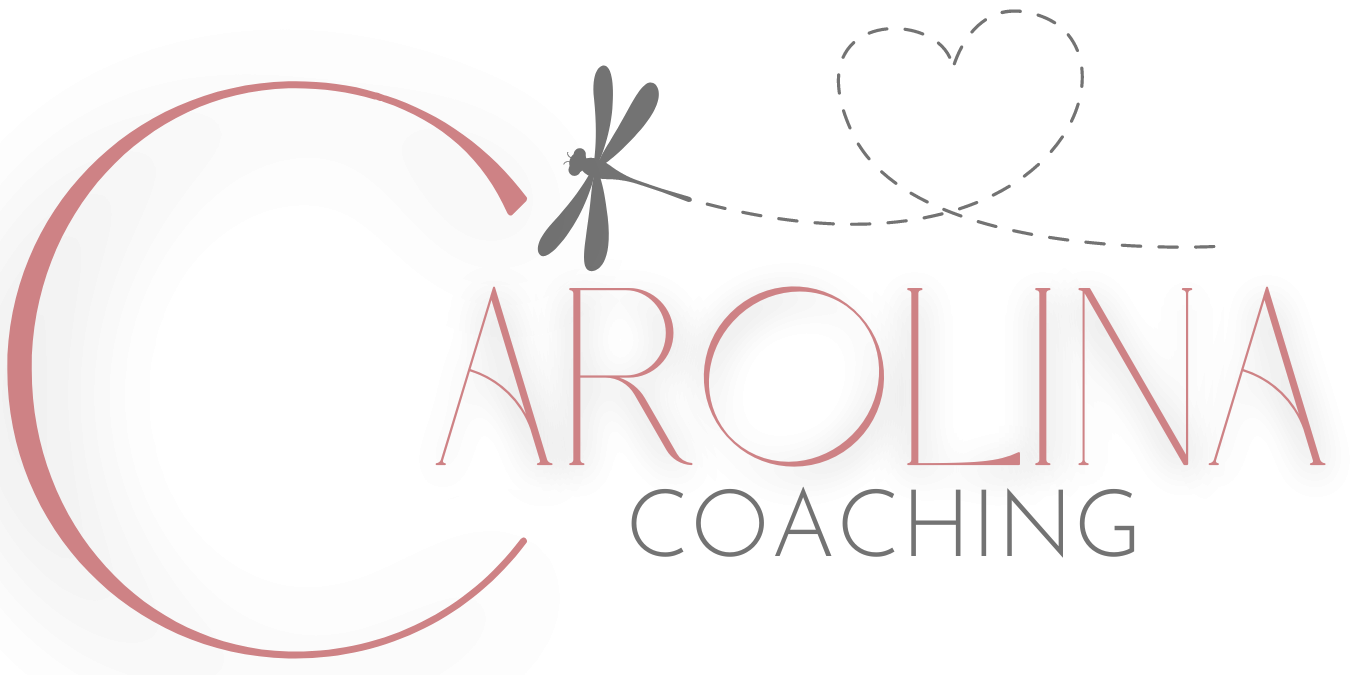
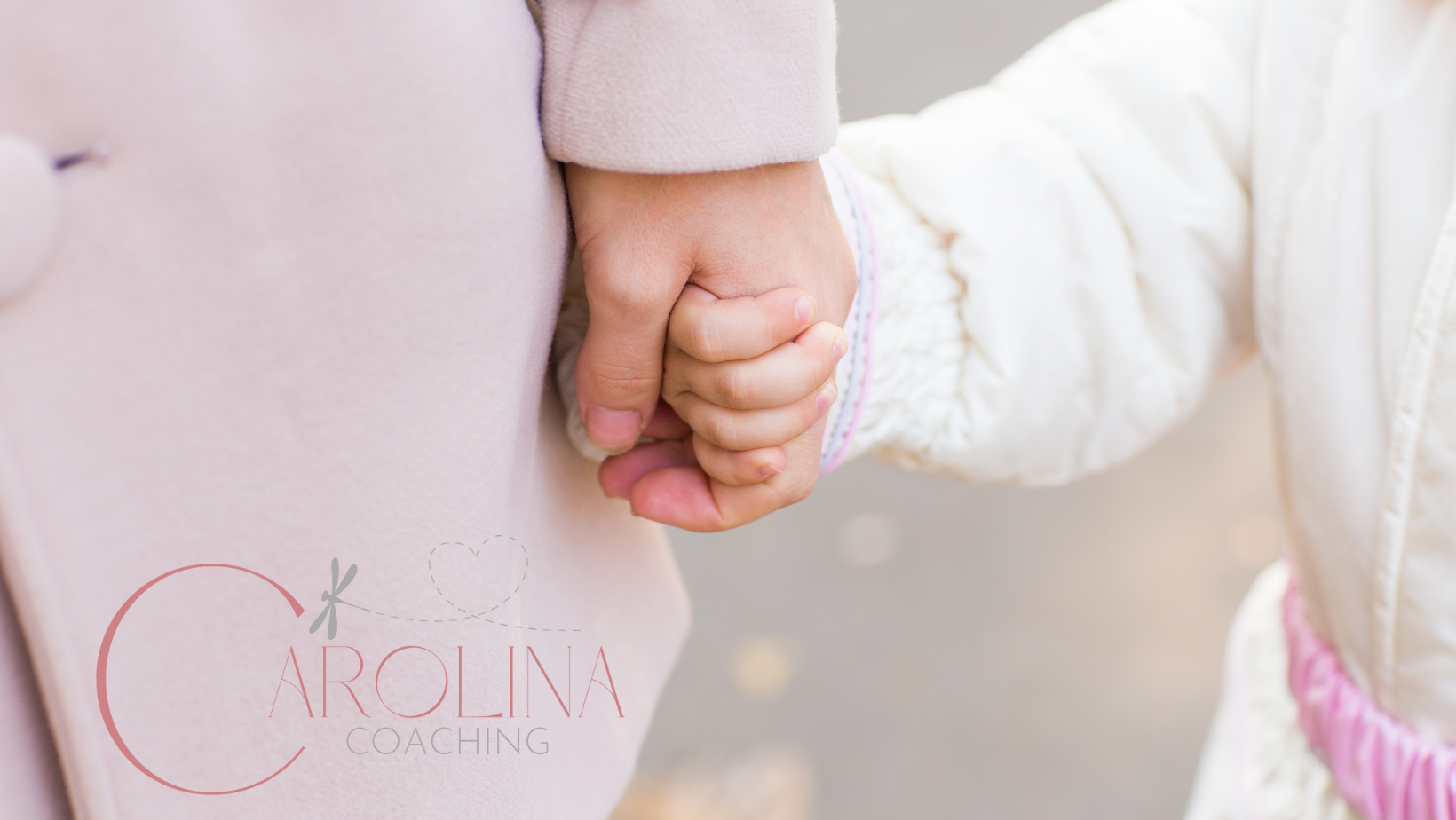
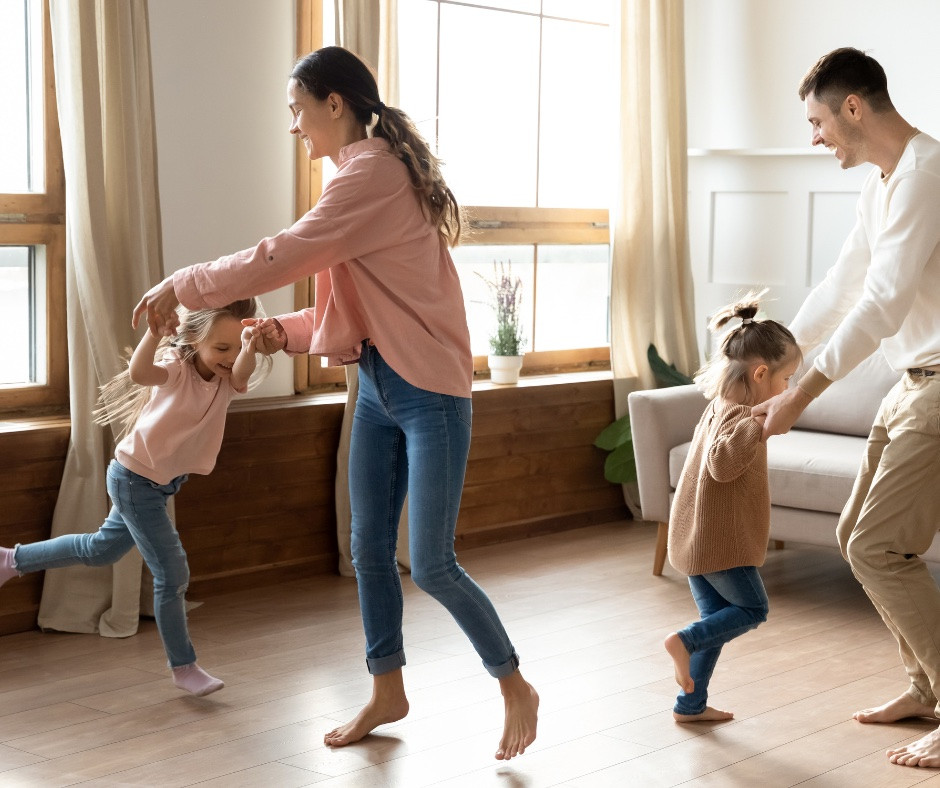
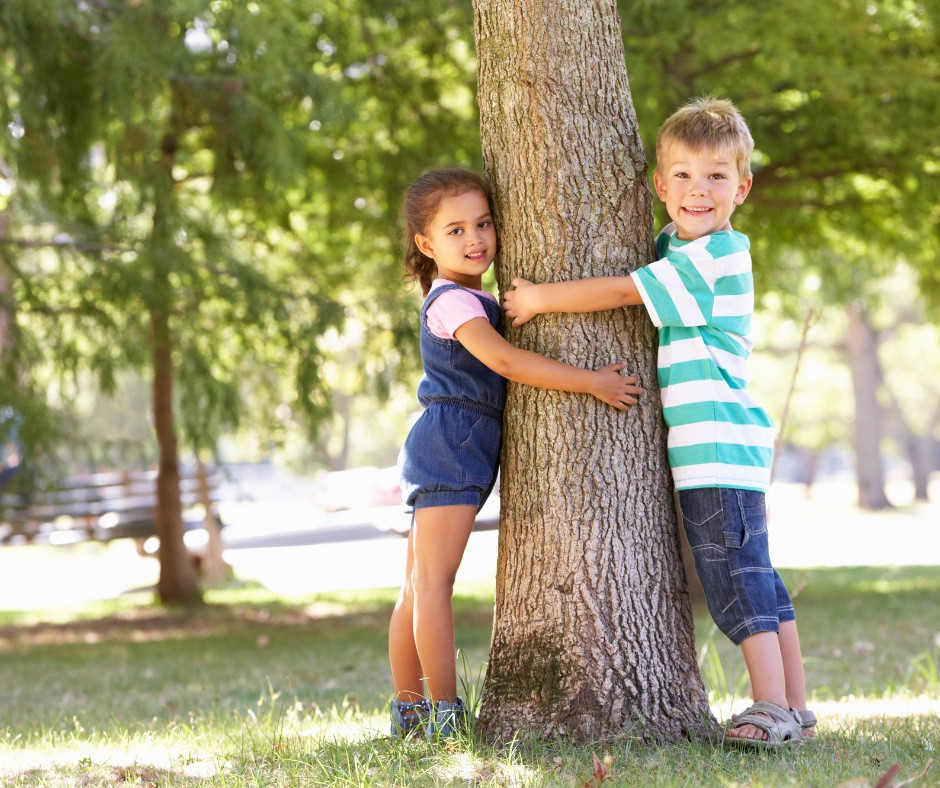


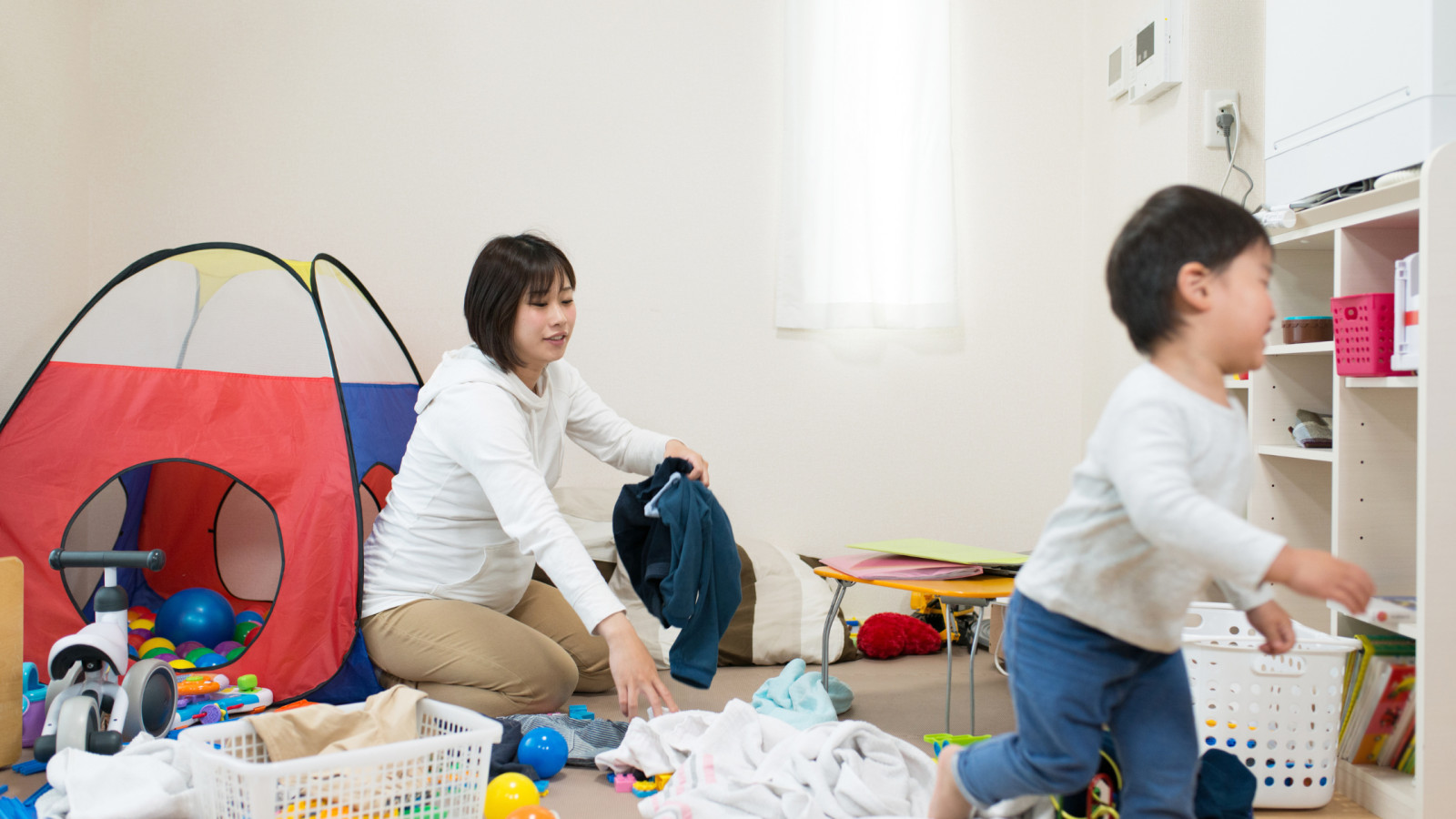


0 Comments